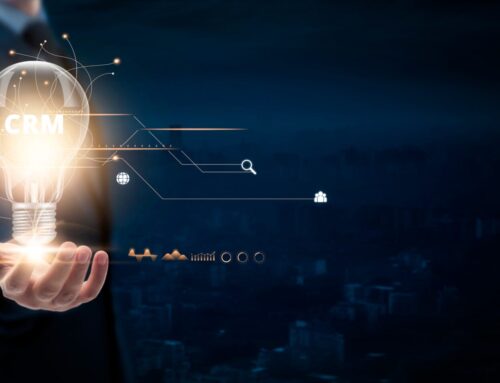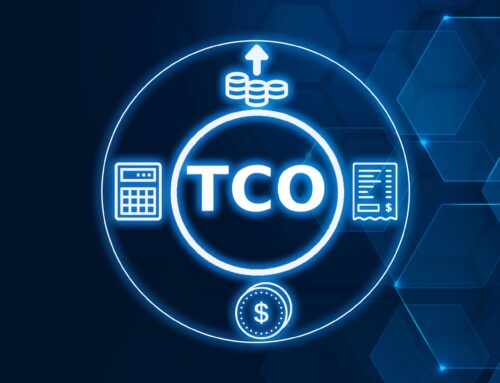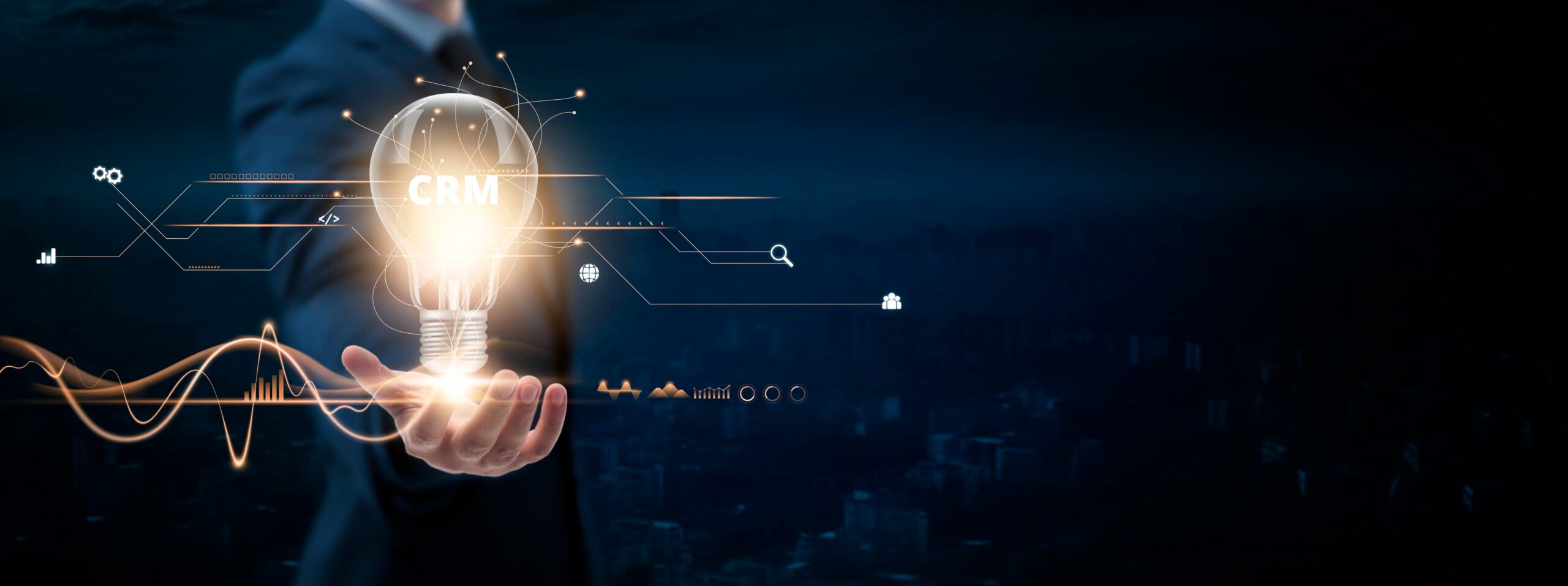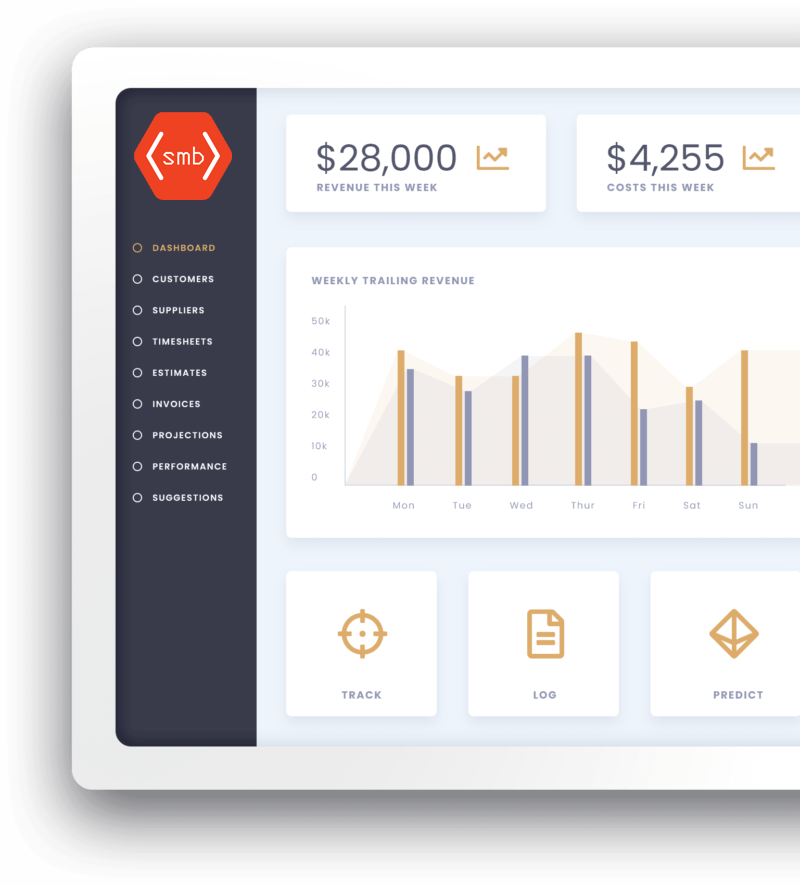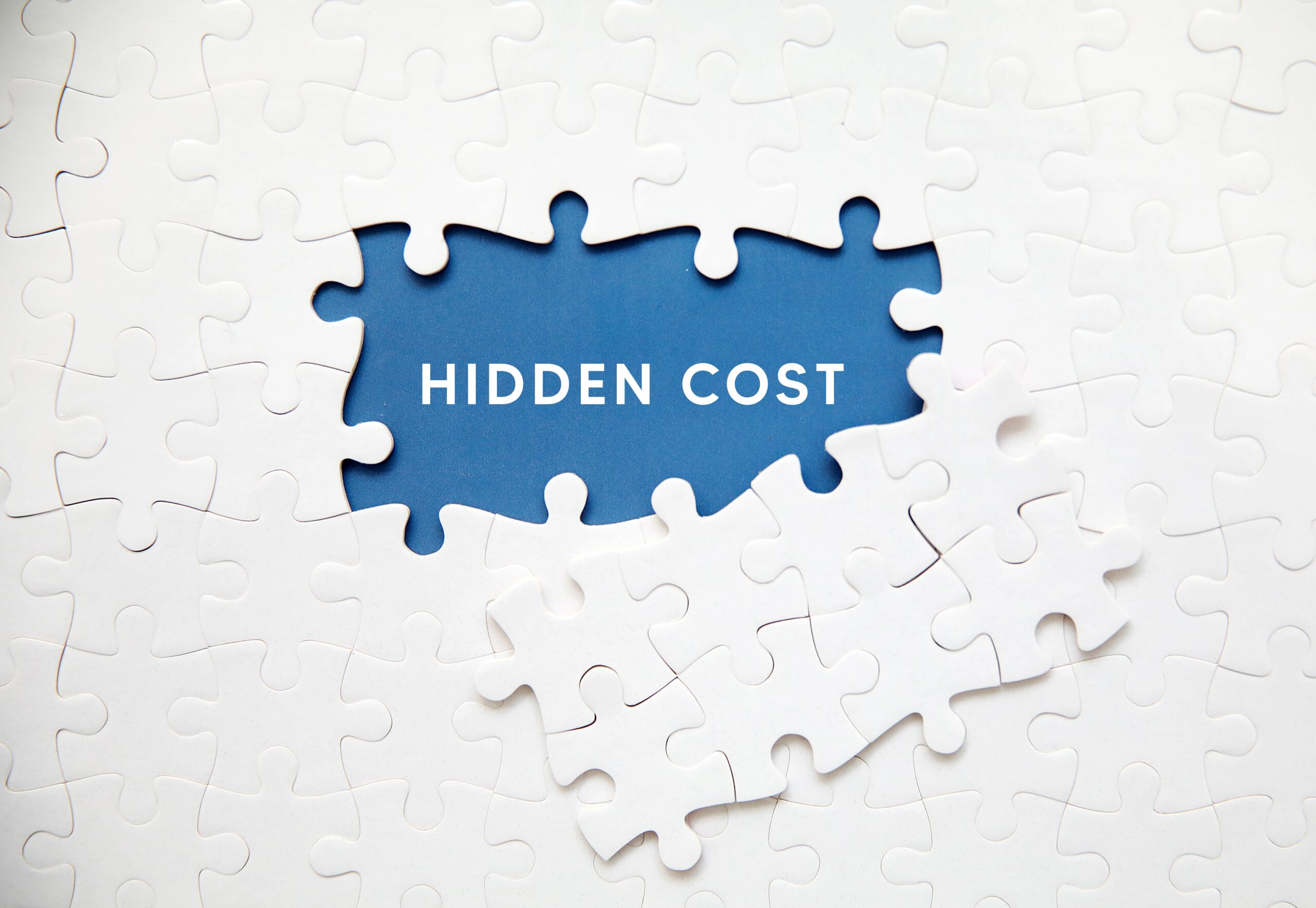
Budgeting For Success
The Hidden Costs in CRM Systems
Investing in a CRM system is a big decision. Although the price tag on a CRM SYSTEM LICENSE may be front and center, often overlooked are the hidden costs associated with implementation, which is an arduous process of planning, installing, configuration, migration, fine tuning, and long-term success planning.
Implementation can significantly impact your overall budget, so it is very important that you know the extensive nuances of implementation before you decide on a CRM platform.
What Is Involved in CRM Implementation for an SMB Focused on Sales & Service?
Hidden Costs include:
|
1. Strategic Planning (“Why” & “What”) 2. Selecting the Right CRM Platform 3. System Setup & Data Migration 4. Integration With Existing Tools 5. Team Training & Culture Shift |
6. Automation & Workflow Creation 7. Dashboards & Reporting 8. Security, Compliance & Permissions 9. Launch, Evaluate, Adjust 10. Long-Term Success Planning |
|---|
Consequently, as with so many things in business, the true cost of CRM is ascertained by understanding these hidden expenses and budgeting for success. In doing so, you will ensure that your CRM delivers real value over time. After all, it’s the ROI that matters most.
✅ The True Cost of CRM Ownership
Implementation:
1. Customization Costs: Making the CRM Fit Your Business
Unlike yoga pants, CRM systems are not ‘one size fits all’. Implementation means building and customization is necessary to ensure the CRM aligns with your business needs, and provides the results you expect.
Consequently, custom design is often an expensive piece of the implementation. Why, because it requires careful planning. (Much like building a house, changing the shape of the structure after it’s built is often very costly.)
The “blue-print” of course is your own business growth model, for which your CRM system will require some degree of tailoring to fit your specific workflows, processes, and reporting needs.
Since you would likely strive to have more customers, in order to adapt to the inevitable growth of your business, scalability is a must (something else we will discuss.)
Bearing always in mind, however, there is no such thing as a “cheap” CRM system, only a “less expensive” one. The reason for saying that is, there are HUGE—everything-you-can-imagine systems, and there are less expensive modular system.
Still, even the less expensive ✅modular systems can require substantial setup time and expertise. That usually means hiring specialists or consultants to handle the customization.
It’s important to keep in mind that in Modular CRM platforms like HubSpot or Zoho, you will find that you have a great deal of control over the features you add, and what you need to customize. Factoring these costs into your budget during planning is a must if you want to alleviate unexpected cost overruns.
2. Training and Onboarding:
Preparing Your Team for Success
Even the most intuitive CRM platform requires training if it is to be used effectively and efficiently. Of course, cost of training varies depending on the complexity of the system, and the size of your team.
For example: CRM systems with sales, marketing, and service modules, will need to budget for each module.
SPECIAL CONSIDERATION: NEW HIRES: Developing training materials, workshops, possibly hiring external trainers. All essential considerations of your implementation budget. |
|---|
3. Data Migration
Migration: i.e., moving data—can be time consuming, and as a consequence, will add expense to your budget.
Moving existing customer data into a new CRM varies, but usually involves: complex mapping, data cleansing, and transformation processes.
Data is often spread across multiple sources, depending of previous data storage practices. If this is the case, to reduce cost, you may need to spend time consolidating and organizing it before you begin the setup of your CRM system.
With budgeting for data migration services, you will have to consider both internal labor, and external consulting fees. Migrating data is affected by multiple factors:
Moving / Migrating Data cost considerations include:
|
|---|
All of this means careful planning and organization, and stresses how important it is to choose a system that can handle your data as you grow. Systems that expand with you business are referred to as “Scalable,” and are often Modular Systems. Specifically recommended for SMBs.
✅ Modular CRM Systems
4. Integration Should Mean Seamless Interaction
While some CRMs offer built-in integrations, you must consider the potential need for specialized connectors, APIs, and custom development work. Doing so is the only way to ensure smooth data flow between all internal systems.
| When Customer Solutions Are Needed: |
|---|
| Sometimes, the connectors don’t cut it—especially if: | What you will need: |
|---|---|
|
|
Although integrations can be costly, not having a smooth flowing and well integrated systems is not only frustrating, but will affect efficiency—and eventually the bottom line.
✅ Solutions for CRM Integration
5. Ongoing Support and Maintenance: Planning for Long-Term Success
To keep your car running smoothly; ongoing support and maintenance are essential. Keeping your CRM system functional and up to date is a critical part of continuing top performance.
Many CRM vendors offer tiered support packages. Costs will vary depending on features like, rapid response times, or dedicated account managers.
Significant changes, which sometime occur, may require further customization and even retraining, depending on the updates. This means, simply put, that once the CRM system is setup and implemented, it, like all other software, require constant and diligent management and upkeep.
Successful CRM Implementation:
Those are the primary reasons why understanding the true cost of a CRM platform is crucial.
By planning for a long-term relationship with your CRM: implementation, integration, and support expenses—you can avoid nerve-wracking budget overruns. Proper budgeting will ensure your CRM remains a valuable asset for your business over its lifetime, and will help you realize a much faster ROI on your CRM system.
CRM is an essential part of setting the foundation for your success. Plan for it wisely:
|
1. Strategic Planning (“Why” & “What”) 2. Selecting the Right CRM Platform 3. System Setup & Data Migration 4. Integration With Existing Tools 5. Team Training & Culture Shift |
6. Automation & Workflow Creation 7. Dashboards & Reporting 8. Security, Compliance & Permissions 9. Launch, Evaluate, Adjust 10. Long-Term Success Planning |
|---|

Need help evaluating your options?
Related articles
February 19, 2026
February 19, 2026
February 19, 2026
February 19, 2026

